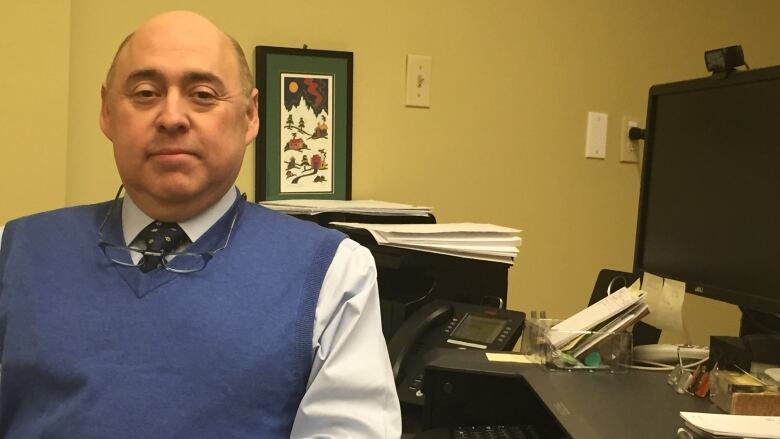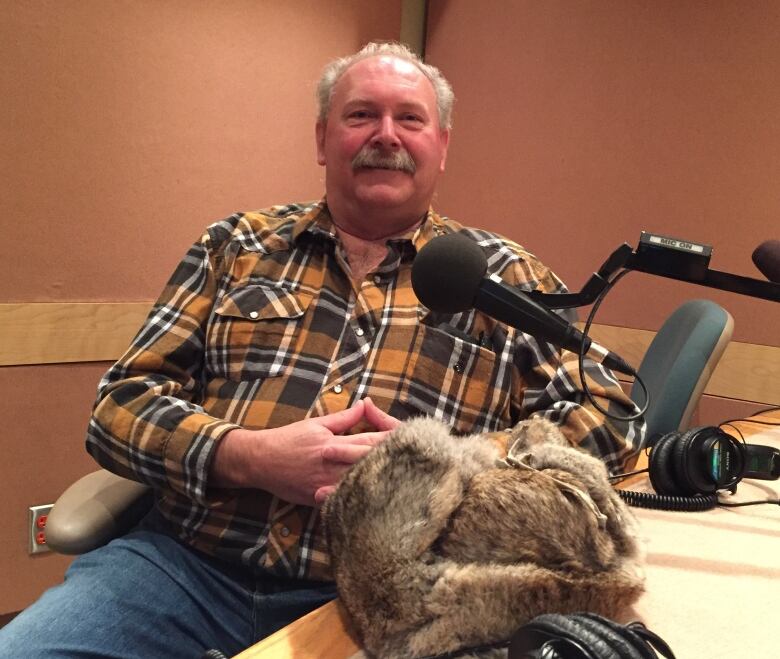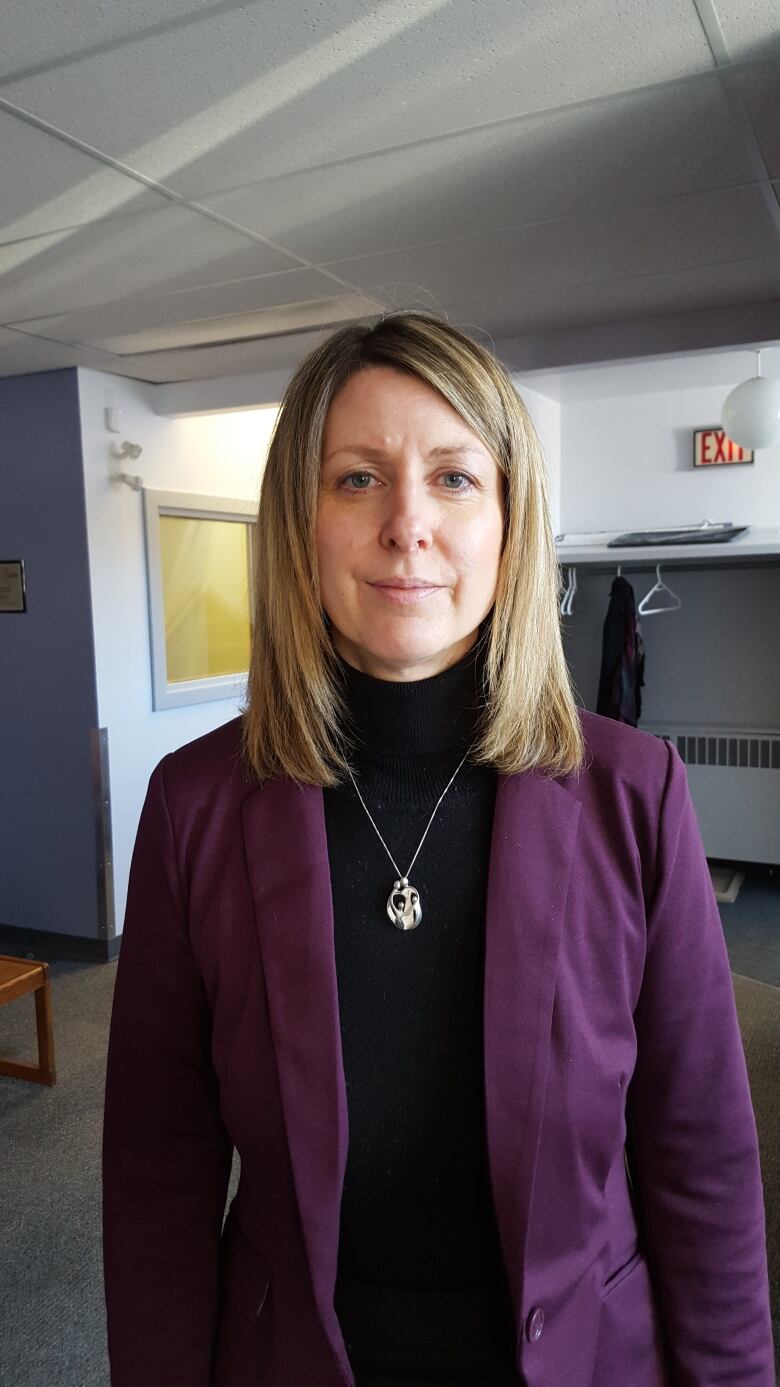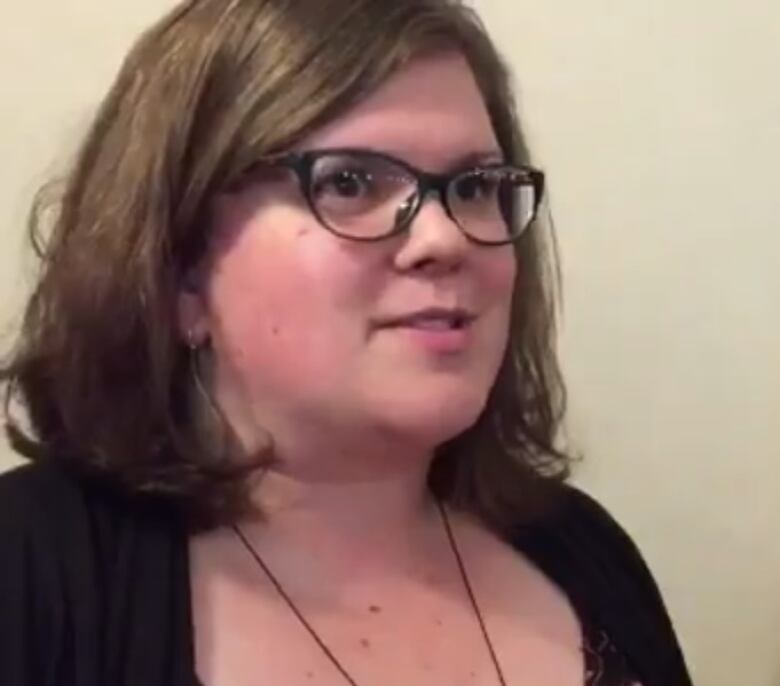Yukon gov't routinely demands to see patients' private medical records, doctors say
Psychiatrist says he can't get paid unless he hands over sensitive medical information

A Whitehorse psychiatrist is raising concerns about patient confidentiality in Yukon, saying the territorial government pressures doctors to share personal and sensitive medical files, or forfeit payment.
Dr. Armando Heredia says the practice of sharing files with government is "rampant"among Yukon doctors, and he's complained to the Yukon privacy commissioner about the issue.
"I don't know if most people in the community would be agreeable to have somebody from the government come in and look at your medical information, and you not know about it. And they have a right to know your diagnosis and treatment, whether you like it or not," he said.
Heredia says the government's insured health branch has prodded him to "provide notes, assessments, and complete charts to health and social services under the guise that, if they didn't see the document, they would not pay me."
Heredia has refused to send them.
He estimates the Yukon government now owes him between $60,000 and $150,000 in billings.
"If I see somebody in psychotherapy, they deny me payment for psychotherapy. They say 'let me see the chart'. Like hell I'm going tolet you see the chart, because that's where the most sensitive information is, right?"
"I can't provide medical information and breach patient confidentiality, that would be unethical," he said.
CBC has called the department of health and social services for comment, but has not yet had a response.

'Nobody wants to talk about it'
Heredia says his biggest concern is that government bureaucrats have asked for individual therapy charts, and "what was in my notes."
Heredia says all medical files are sensitive, but says psychiatric files are doubly so.
"We're dealing with emotional issues, we're dealing with other things that won't be well understood, or might have a stigma in the community," he said.
"Certainly it's not the same as having appendicitis, as it would be to have a decision whether you're transgendered or not."
Heredia says the practice of sending patients' complete files to the department of health is widespread among Yukon physicians.
"Nobody's brought it up, nobody wants to talk about it. No patient has been informed. It's rampant," he said.
Heredia says he's complained to Yukon's privacy commissioner, and also spoken with the Canadian Medical Protective Association about the issue.
He says other jurisdictions simply confirm with a patient when they were seen by a doctor.
"They don't come after the chart. Here, it seems like a free-for-all, and they've decided to just come after the chart, not let anybody know, and then pull whatever data they want."
Doctors comply
One Yukon general practitioner agrees that sharing complete medical files with the government is a common practice among Whitehorse doctors, even though it's an "infringement."
"Patients are not aware," said the doctor, who requested anonymity, fearing repercussions from both the medical community and the government. "It does violate medical confidentiality."
Still, the doctor complies with demands for complete charts, and says there's "no rhyme or reason" as to when full notes are requested.
"Doctors do it, because it's an easy way out," the doctor said. "The bottom line is that [insured health] billing demands the files, so the doctors comply."

'I don't trust the system,' says psychiatric patient
Some of Heredia's patients have also spoken out, saying they don't want their files examined without their knowledge or consent.
Dave Laxton, former MLA and Speaker of the Yukon legislature, is a military veteran who developed post-traumatic stress disorder after serving two tours in Bosnia. He's been Heredia's patient for about eight years.
He's horrified at the thought of bureaucrats looking into his psychiatric files.
"They're my records. They're records about me. And I have no say? To authorize somebody to look at these things?" Laxton said.
"This is about my life and my feelings and what's going on in my head. The things that are going on in my head, what I talk to my doctor about, they're very personal, very confidential."
Laxton worries that Heredia will wind up closing his practice, "and a lot of us will be left without a very good doctor to rely on.
"It's not that I don't trust the doctor. I just don't trust the system the doctor has to work under. It leaves me with a bad feeling."
'Most sensitive information,' says privacy commissioner
Yukon's privacy commissioner, Diane McLeod-McKay, won't comment on specific cases that she has investigated, but does say that medical files are "the most sensitive information that exists about a person."

She says Yukon's Health Information Privacy and Management Act (HIPMA), which came into effect last August, "is designed to protect that information."
When asked if it would be considered legal for the government to request complete patient files to ensure billing, McLeod-McKay said, "it would be highly likely that wouldn't be allowed by the act.
"It would be a requirement for Insured Health and Hearing Services to collect only the information they need, and they would have to make the case they needed the entire record."
McLeod-McKay added that if doctors, defined as "custodians" under HIPMA, routinely sent complete patient files to insured health, "then I think you would find yourself offside the law."
Some information shouldn't be shared,says YMA president
Dr. Alison Freeman, president of the Yukon Medical Association (YMA) which represents the territory's doctors, says she also forfeits payment sometimes, in order to protect her patients' privacy.
She says under HIPMA, doctors are obligated to share files with the government when asked, for billing purposes.

"They could request the consult, the notes from the chart, and then it would be up to me whether I wanted to share that. If I chose not to share that, then I wouldn't get paid.
"There have been times I've chosen not to send the information, because I believe it is of such a sensitive nature that I just don't care to share that," she said.
"Sometimes I just feel there's certain information that shouldn't be shared beyond myself. And if that means I don't get paid, then I don't get paid."
Freeman admits that may not seem fair to the doctor, but says it's a decision that individual physicians must make.
Meanwhile, Heredia hopes that his speaking out will prompt change but adds he may simply be unable to sustain his practice.
"I'm hoping this code of silence will stop, this code of 'do what you want, have no responsibility, no accountability'. I hope it will end. It might end with me leaving, I don't know," he said.
"I don't know what they're going to do. I'm not the one in power here."












_(720p).jpg)


 OFFICIAL HD MUSIC VIDEO.jpg)
.jpg)



























































































